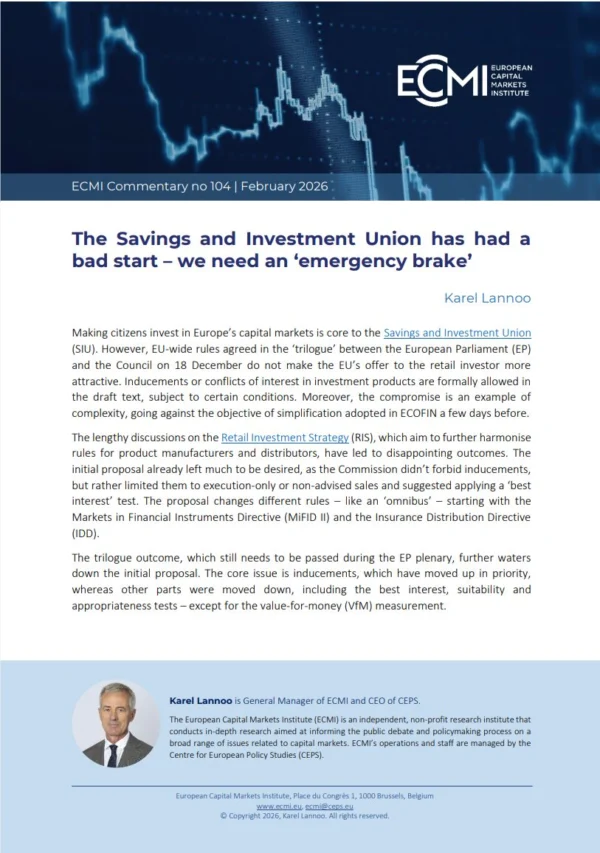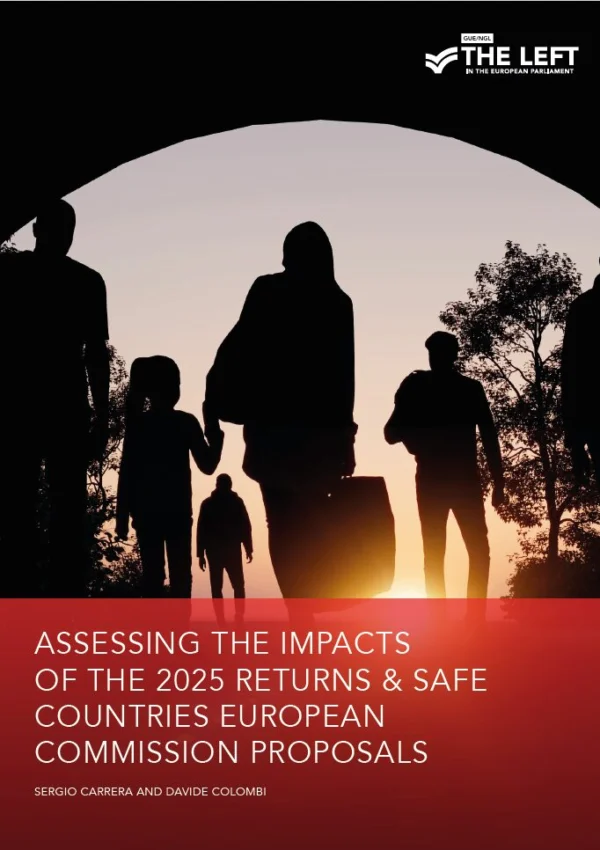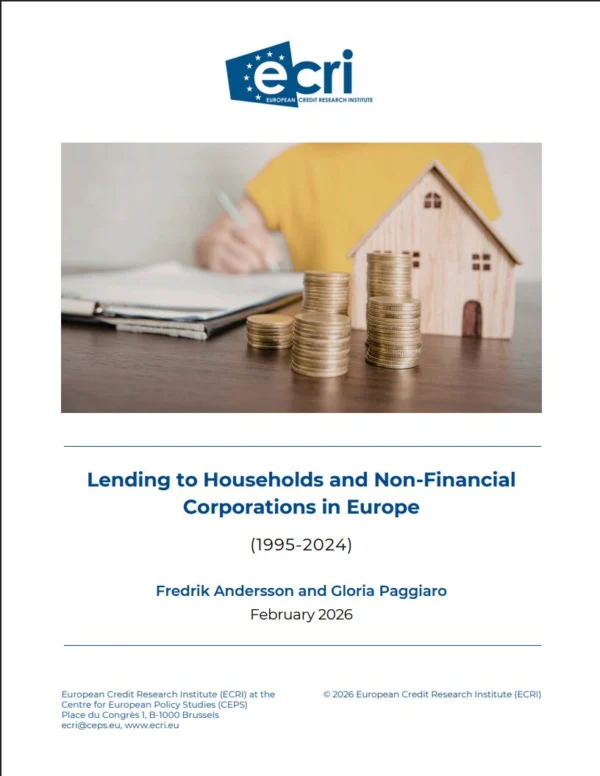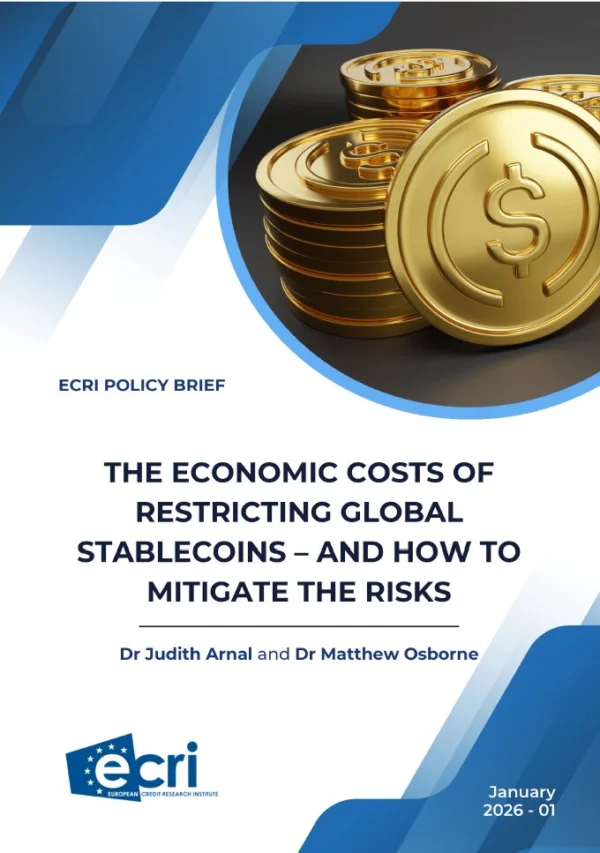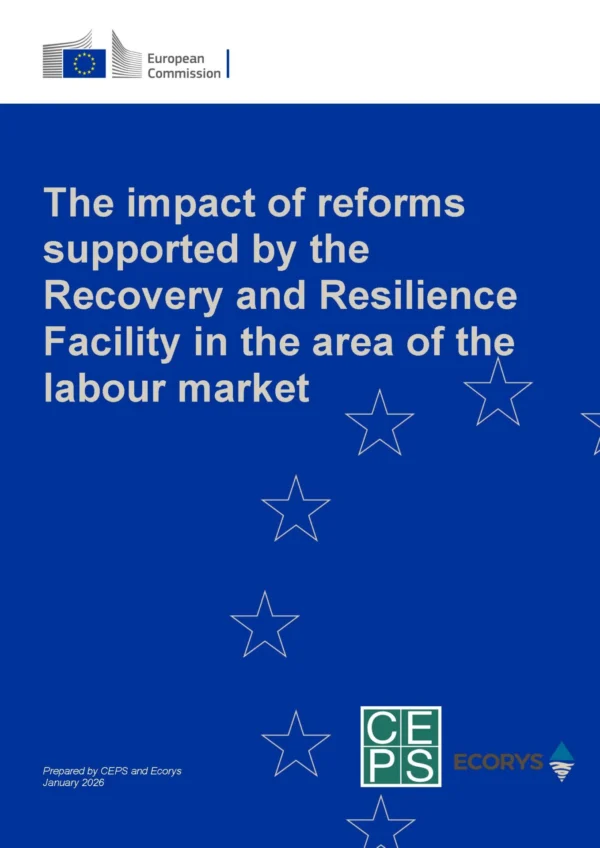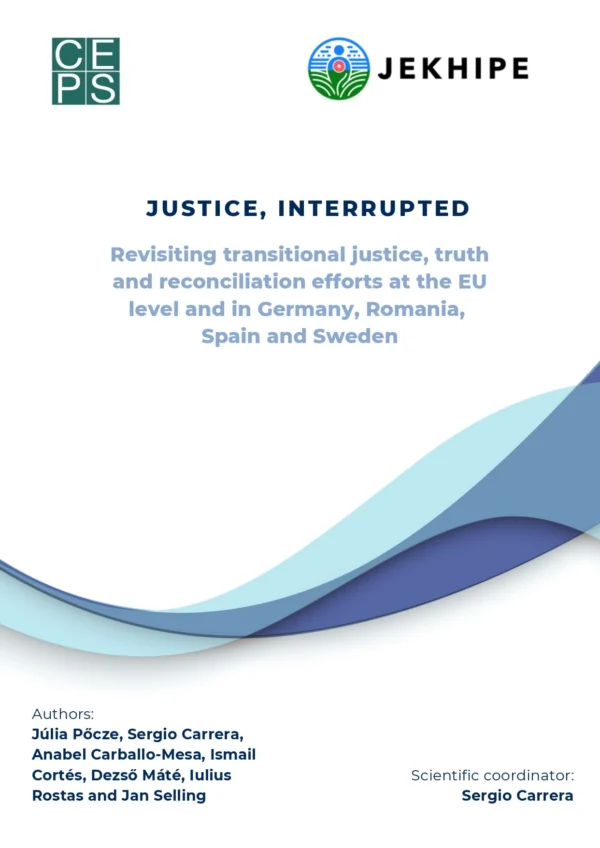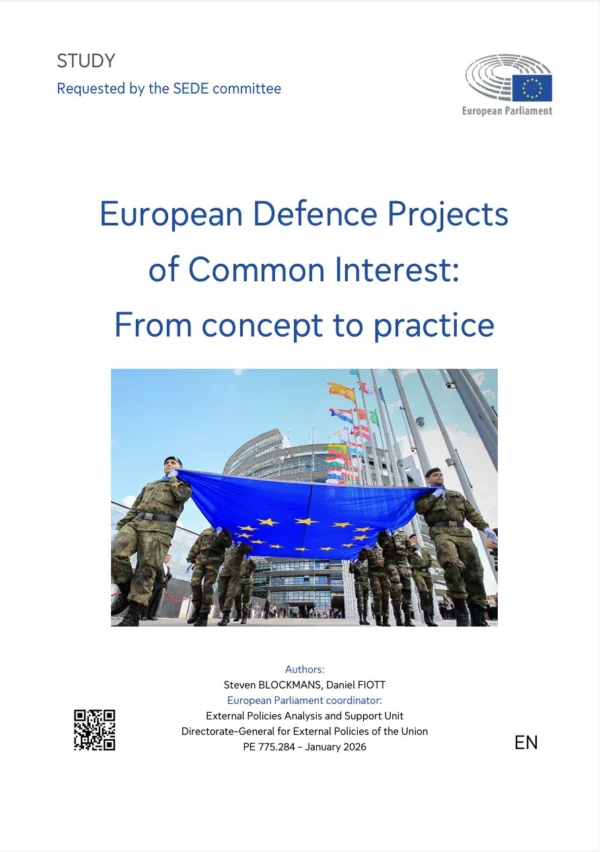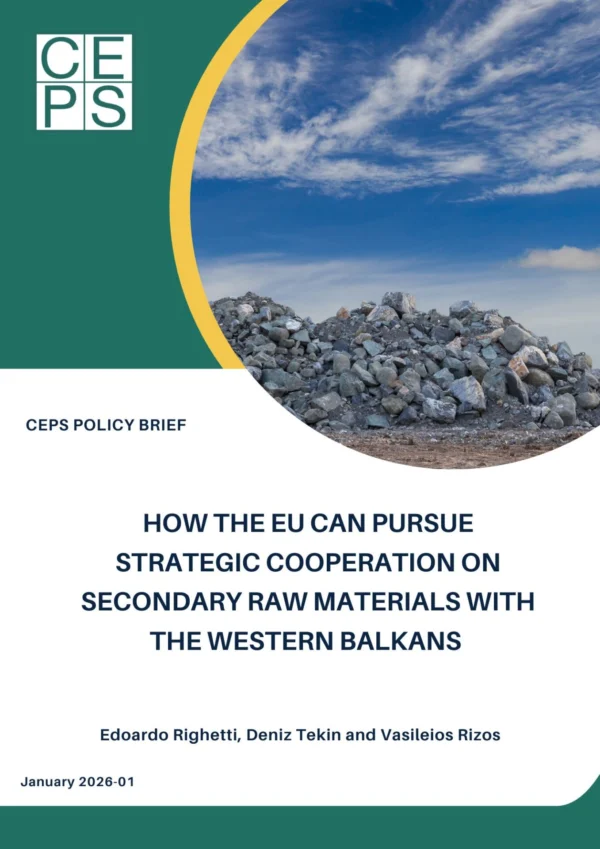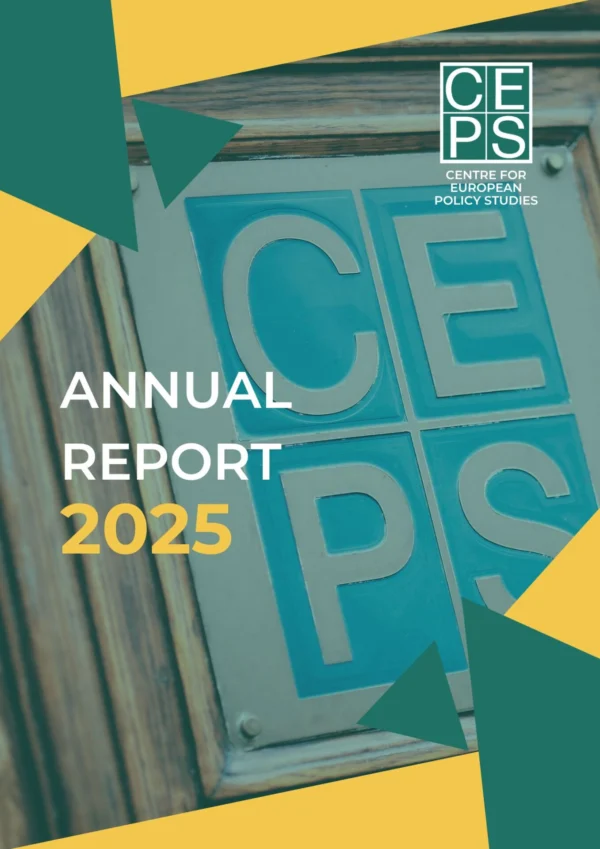The draft document of the Stockholm programme places considerable emphasis on technology in the context of the EU’s security policies. Among its most notable elements is the proposal to establish “an EU Information Management Strategy”. Despite an emphasis on citizens’ freedoms and rights, and on the protection of their personal data and privacy, the programme remains overtly oriented towards the reinforcement of the reliance on technology within the context of EU security policies, particularly computerised systems of information exchange and data processing. These, in turn, are largely defined in terms of the priorities and viewpoints of security professionals.
This paper focuses more specifically on issues related to technology and border security. In this area, the draft programme reflects an endorsement of previous tendencies, particularly of the Commission’s 2008 “border package”, tabled shortly before the departure of JHA Commissioner Franco Frattini, and of the 2008 “Future Group” final report. The tendency, in this regard, is towards the proliferation of computerised systems of information exchange and processing, with little regard to the question of proportionality.
Didier Bigo is President of the Centre d’Etudes sur les Conflits and Professor at the Institut d’Etudes Politiques de Paris. Julien Jeandesboz is sociate researcher at the Centre d’Etudes sur les Conflits and Ph.D. Candidate at the Institut d’Etudes Politiques de Paris.

